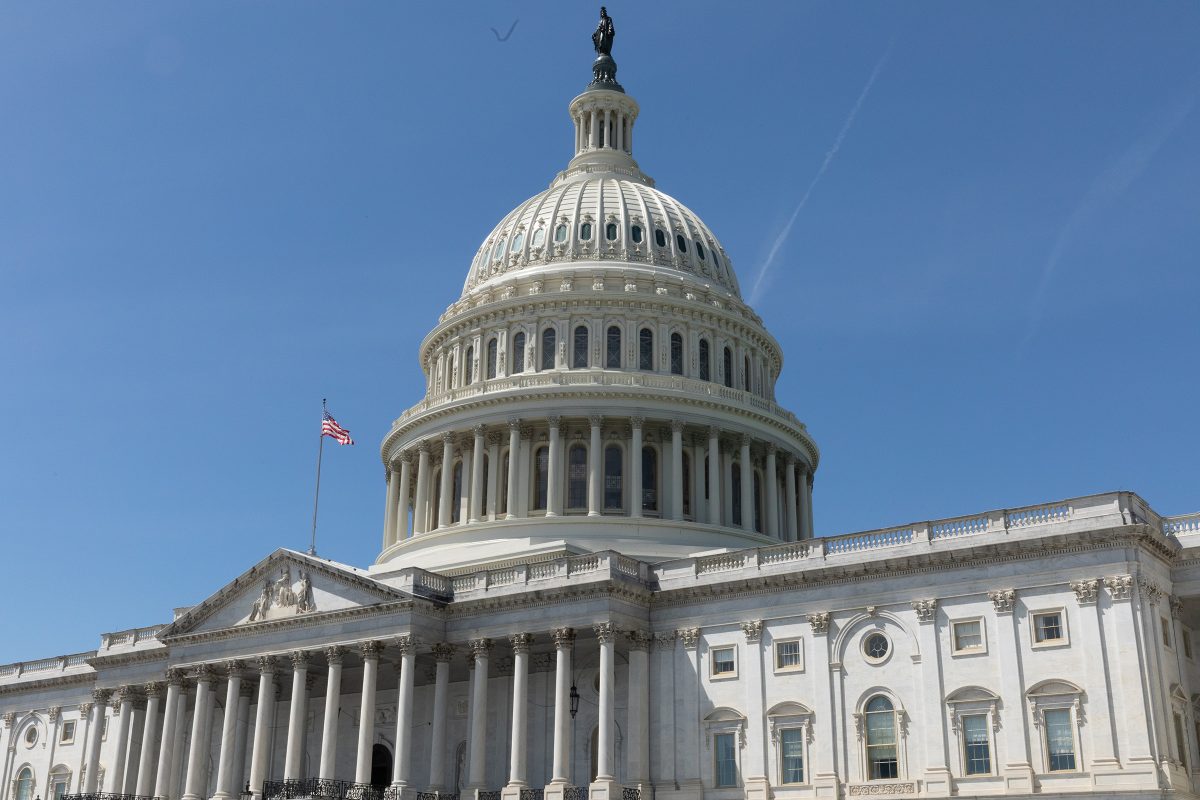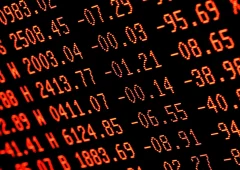Senators Propose Bill to Enhance Secret Service’s Role in Digital Asset Crimes
05.08.2024 18:00 1 min. read Alexander Stefanov
U.S. senators are pushing for new legislation to expand the Secret Service’s role in tackling crimes involving digital assets.
The proposed Combating Money Laundering in Cybercrime Act of 2024 aims to empower the Secret Service to investigate and prosecute illegal activities related to cryptocurrencies.
Introduced by Senators Amy Klobuchar, Chuck Grassley, and Catherine Cortez Masto, the bill seeks to give the Secret Service broader authority over financial fraud, illicit money transfers, and other crimes involving digital currencies. This move comes in response to rising concerns about the misuse of cryptocurrencies for illegal funding.
The proposed law mandates the creation of a Government Accountability Report within a year to evaluate the effectiveness of current anti-money laundering efforts. This report would help assess how well law enforcement is handling digital asset crimes.
The initiative reflects ongoing efforts to adapt regulations to the growing influence of digital currencies. Senator Masto’s previous attempt to address cryptocurrency regulations aimed at closing legal loopholes, and this new bill builds on that foundation.
While illegal cryptocurrency transactions totaled over $22 billion in 2023, down from previous years, cash remains the predominant tool for money laundering. Despite this, U.S. agencies continue to strengthen their fight against crypto-related crimes.
-
1
Vietnam Charts a Clear Course for Digital Assets With New 2026 Law
16.06.2025 18:00 1 min. read -
2
GENIUS Act Clears Senate, Setting Stage for First U.S. Crypto Law
18.06.2025 12:00 1 min. read -
3
Coinbase and Set Gemini to Expand in EU Under MiCA Rules
17.06.2025 13:00 2 min. read -
4
Wall Street Prepares for Stablecoin Integration as Regulatory Path Clears
19.06.2025 11:00 1 min. read -
5
U.S. Senate Moves Closer to Passing Landmark Stablecoin Legislation
17.06.2025 10:00 1 min. read
SEC Chairman With Important Comments on Regulation, Crypto, and Trading
U.S. Securities and Exchange Commission (SEC) Chairman Paul Atkins has emphasized the agency’s continued focus on investor protection, addressing insider trading, market manipulation, and the evolving landscape of cryptocurrency regulation.
Arizona Governor Vetoes Bill, Related to State Crypto Reserve Fund: Here Is Why
Arizona Governor Katie Hobbs has officially vetoed House Bill 2324, a legislative proposal that aimed to create a state-managed reserve fund for holding seized cryptocurrency assets.
SEC Explores New Fast-Track Process for Token-Based ETFs
The U.S. Securities and Exchange Commission (SEC) is in the early stages of developing a standardized listing framework for token-based exchange-traded funds (ETFs), according to a July 1 report by journalist Eleanor Terrett.
SEC Approves Grayscale ETF Tracking Top Five Cryptocurrencies
The U.S. Securities and Exchange Commission (SEC) has officially approved the conversion of the Grayscale Digital Large Cap Fund into an exchange-traded fund (ETF), finalizing its transition from an over-the-counter product into a fully regulated ETF structure.
-
1
Vietnam Charts a Clear Course for Digital Assets With New 2026 Law
16.06.2025 18:00 1 min. read -
2
GENIUS Act Clears Senate, Setting Stage for First U.S. Crypto Law
18.06.2025 12:00 1 min. read -
3
Coinbase and Set Gemini to Expand in EU Under MiCA Rules
17.06.2025 13:00 2 min. read -
4
Wall Street Prepares for Stablecoin Integration as Regulatory Path Clears
19.06.2025 11:00 1 min. read -
5
U.S. Senate Moves Closer to Passing Landmark Stablecoin Legislation
17.06.2025 10:00 1 min. read


